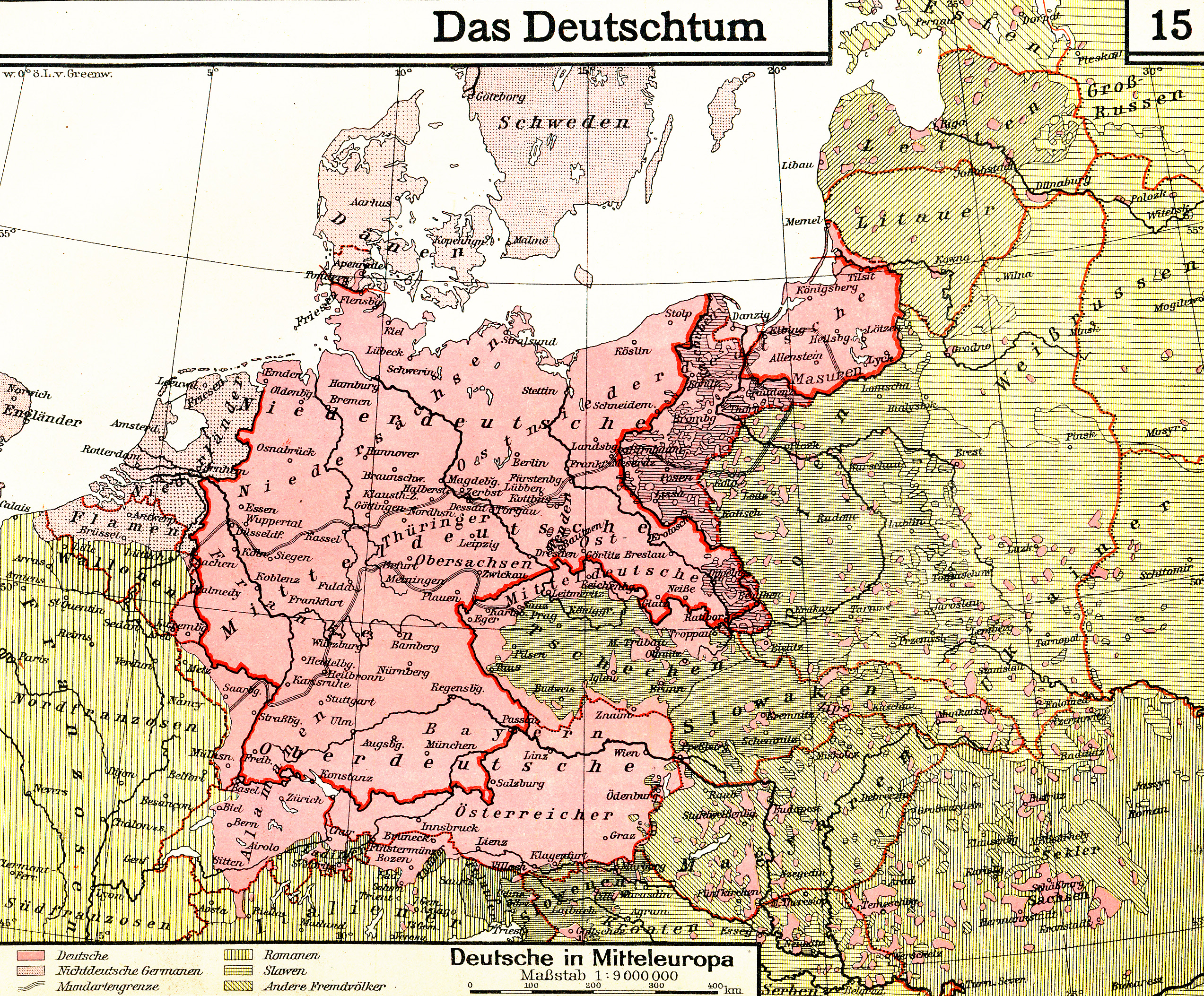- Reaction score
- 0
- Points
- 410
OTTAWA -- The NDP is in hot water over an MP's writings that praise communist pacifism and criticize Canada's participation in the First World War.
Writing on a left-wing Quebec blog, New Democrat MP Alexandre Boulerice mocked the conflict as "a purely capitalist war on the backs of the workers and peasants.
"The only ones to have refused this butchery, to have rejected the call of the 'sacred union' within each nation, were communist activists," Boulerice wrote in his 2007 posting on the blog Presse-toi à gauche (Hurry to the left).
Boulerice also sniped at Canadian soldiers involved in the Battle of Vimy Ridge, claiming that "thousands of poor wretches were slaughtered to take possession of a hill."
Almost 3,600 Canadians died in the battle to take the strategic Vimy Ridge from the heavily entrenched German forces of Kaiser Wilhelm on April 9, 1917.
The costly but successful capture of the ridge is widely considered the moment Canada came of age on the international stage.
Speaking after 96th anniversary commemorations of the Battle of Vimy Ridge, Veterans Affairs Minister Steven Blaney said he is outraged by Boulerice's posting.
"On such an important day of remembrance, I denounce these statements and call on Thomas Mulcair and Alexandre Boulerice of the NDP to immediately retract these inflammatory and inappropriate comments and to formally apologize to the Canadians and veterans they have insulted," he said in a statement.
Boulerice and his party have not responded to the controversy yet, but NDP Leader Thomas Mulcair issued an anniversary statement about Vimy Ridge early Tuesday.
"The Canadian soldiers' tremendous bravery, sound strategic planning and powerful artillery support are widely credited with the success of this mission," Mulcair said. "It is a point of pride for all Canadians that our soldiers serving today are still recognized as embodying those fine qualities."
Writing on a left-wing Quebec blog, New Democrat MP Alexandre Boulerice mocked the conflict as "a purely capitalist war on the backs of the workers and peasants.
"The only ones to have refused this butchery, to have rejected the call of the 'sacred union' within each nation, were communist activists," Boulerice wrote in his 2007 posting on the blog Presse-toi à gauche (Hurry to the left).
Boulerice also sniped at Canadian soldiers involved in the Battle of Vimy Ridge, claiming that "thousands of poor wretches were slaughtered to take possession of a hill."
Almost 3,600 Canadians died in the battle to take the strategic Vimy Ridge from the heavily entrenched German forces of Kaiser Wilhelm on April 9, 1917.
The costly but successful capture of the ridge is widely considered the moment Canada came of age on the international stage.
Speaking after 96th anniversary commemorations of the Battle of Vimy Ridge, Veterans Affairs Minister Steven Blaney said he is outraged by Boulerice's posting.
"On such an important day of remembrance, I denounce these statements and call on Thomas Mulcair and Alexandre Boulerice of the NDP to immediately retract these inflammatory and inappropriate comments and to formally apologize to the Canadians and veterans they have insulted," he said in a statement.
Boulerice and his party have not responded to the controversy yet, but NDP Leader Thomas Mulcair issued an anniversary statement about Vimy Ridge early Tuesday.
"The Canadian soldiers' tremendous bravery, sound strategic planning and powerful artillery support are widely credited with the success of this mission," Mulcair said. "It is a point of pride for all Canadians that our soldiers serving today are still recognized as embodying those fine qualities."


